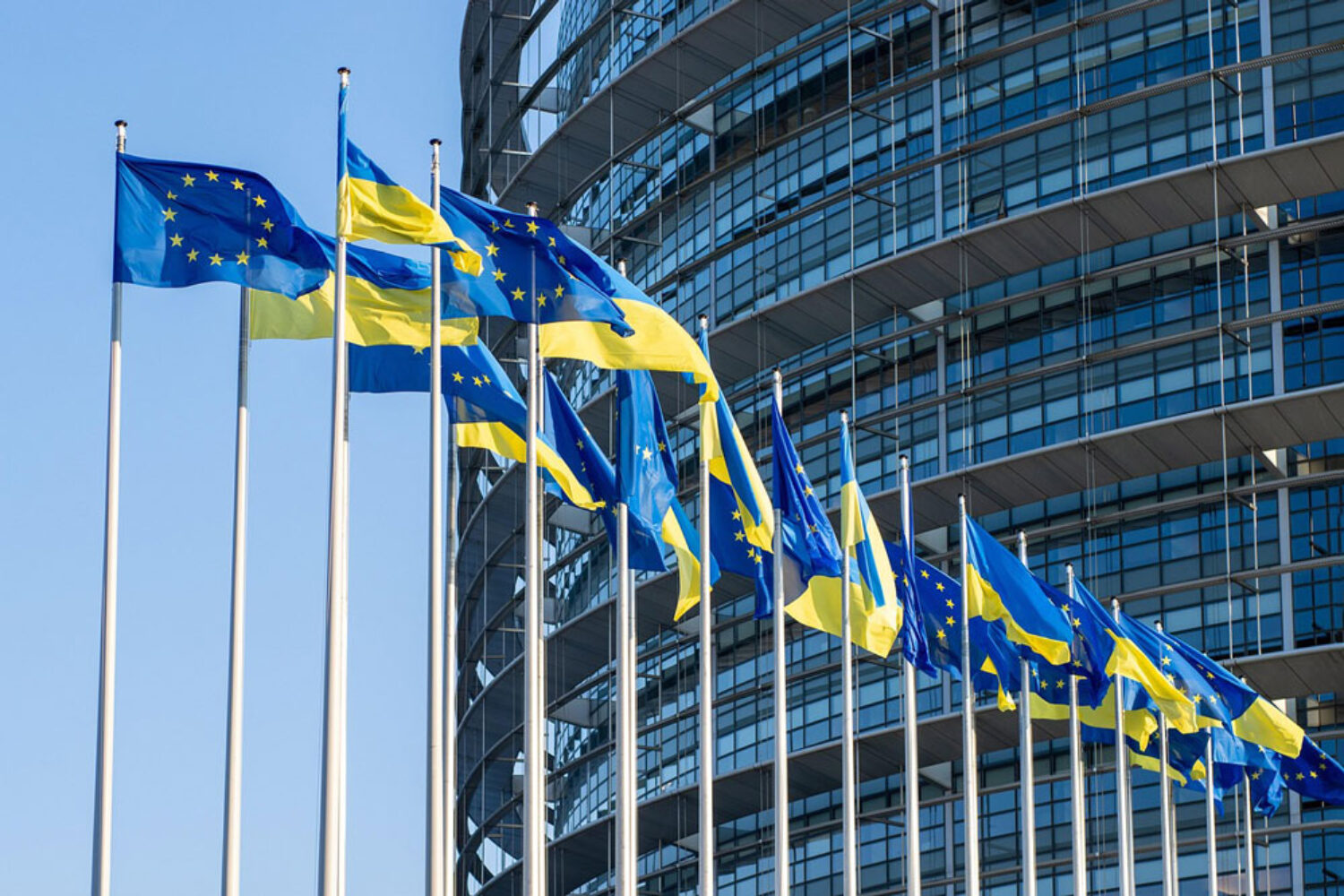The EU has adopted its 19th package of sanctions against Russia. It includes a future ban on LNG imports, new listings and measures against Belarus, China and other third countries that support Russia’s war.
The European Union has today issued the 19th package of sanctions against Russia. The sanctions affect LNG transports, among other things. Belarus and China are also affected by the sanctions.
The EU Council has adopted a comprehensive 19th sanctions package, which includes 69 new individual listings and numerous economic restriction measures against key sectors supporting Russia’s illegal war of aggression against Ukraine – including energy, finance and the military-industrial complex. The Council is also tightening controls on the movements of Russian diplomats within the EU and taking further measures against individuals responsible for the abduction of Ukrainian children.
As part of the package, the Council also imposed additional measures against Belarus in order to limit its support for the Russian war. According to the EU, the package of measures is a response to Russia’s increasing aggression against Ukraine, in particular the recent brutal military offensive targeting civilian infrastructure, including energy, water and health facilities. These attacks, which inflict great suffering on the civilian population, once again highlight Russia’s refusal to walk the path of peace, a statement said today.
“We have just adopted our 19th sanctions package. It targets Russian energy, banks, crypto exchanges and also companies in China. The EU is also regulating the movements of Russian diplomats in order to prevent attempts at destabilization. It is becoming increasingly difficult for Putin to finance his war. Every euro we take away from Russia is one euro less for the war. The 19th package will not be the last,” said Kaja Kallas, High Representative of the EU for Foreign Affairs and Security Policy.
Import ban on liquefied natural gas
The package introduces a ban on imports of Russian liquefied natural gas (LNG) into the EU – from January 2027 for long-term contracts and within six months for short-term contracts. It also tightens transaction bans for the state-owned oil companies Rosneft and Gazprom Neft and lists a Tatarstan conglomerate from the oil sector. In addition, Chinese companies – two refineries and an oil trading company – which the EU considers to be significant buyers of Russian crude oil, are also being sanctioned.
Further sanctions affect the so-called “shadow fleet”. For example, Litasco Middle East DMCC (a subsidiary of Lukoil based in the UAE) is listed. Maritime registers that issue false flags to shadow fleet vessels will also be sanctioned. A total of 117 additional vessels will be subject to port access restrictions and service bans, bringing the total number to 557 . Shadow fleet vessels may also no longer be reinsured.
Sanctions also against third countries
45 new companies are listed that help Russia to circumvent export restrictions – including 17 from third countries (12 from China, three from India, two from Thailand). The export ban will be extended to other electronic components, chemicals, metals, tires, rubber goods and construction materials. The import of all acyclene hydrocarbons will also be banned. Russia’s largest gold producer is also listed. Five new listings concern the Belarusian arms sector and the Lukashenko regime, the EU announced.













